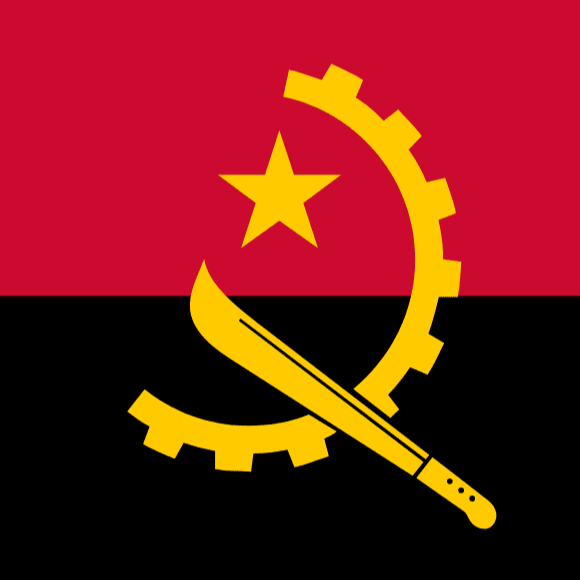Aug 25 2024 29 mins 11
An old Angolan proverb suggests it is the voyage not the ship that is important. And for the people of Angola the voyage has been a long one, from the era of the might Kongo empire, through the slave trade, colonialism, an independence struggle, and more recently decades of civil war. Despite this, in 2015 the capital city Luanda was in was listed as the most expensive city in the world, But new high rises built off the back of an oil boom sit uncomfortably alongside squalid outskirts of the city in the former Portuguese colony.
In this episode I speak with Alex Vines OBE was a UN observer when Angola held its first elections 30 years ago, as the Director of the Africa program at Chatham House, Alex has seen the growth of the nation, its slow transition towards real democracy and has expert insights into the nation, and the challenges it continues to face.
Alex Vines has led the Africa Programme at Chatham House since 2002. Previously he has held roles at Chatham House as director for regional studies and international security, and director for area studies and international law.
He chaired the UN Panel of Experts on Côte d’Ivoire from 2005 to 2007, and was a member of the UN Panel of Experts on Liberia from 2001 to 2003. He was also a member of the Commonwealth Observer Group to Nigeria in 2023 (Mozambique in 2019 and Ghana in 2016) and a UN election officer in Mozambique (1994) and Angola (1992).
He worked at Human Rights Watch as a senior researcher on its Africa, Arms and Business and Human Rights programmes, and has served as a consultant including for the UN Office on Drugs and Crime (UNODC); JICA, DFID, USAID, the EU and for the Economic Community of West African States (ECOWAS).
He has also written expert reports for the EU parliament and has testified to law makers including for the US Congress and Senate, the EU parliament, the UK and Finnish parliaments and the Angolan and Mozambican National Assemblies.
Music: Pixabay
This episode is sponsored by World History Encyclopedia, one of the top history websites on the internet. I love the fact that they’re not a Wiki: Every article they publish is reviewed by their editorial team, not only for being accurate but also for being interesting to read. The website is run as a non-profit organization, so you won’t be bombarded by annoying ads and it’s completely free. It’s a great site, and don’t just take my word for it they’ve been recommended by many academic institutions including Oxford University. Go check them out at WorldHistory.org or follow this link: World History Encyclopedia.
